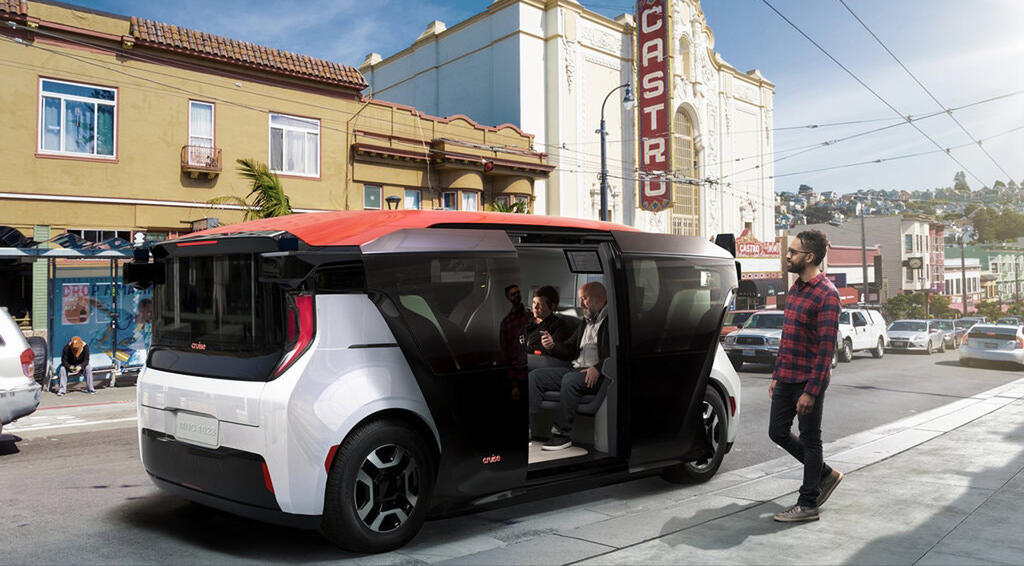Ups and downs in the world of autonomous vehicles
The world of self-driving vehicles continues to offer its stakeholders a cocktail of good and bad news, often because of – or thanks to – the regulation framework. Read more about what is happening around the world!

As we previously reported, the world of robotaxis experienced significant turbulence during the summer. Since then, Cruise, in particular, has faced additional challenges. Initially it was compelled by local regulators to cut its fleet of operational vehicles in San Francisco in half. More recently it has come under scrutiny from the federal authorities due to safety concerns regarding its handling of pedestrians. Additionally, on October 24 the California Department of Motor Vehicles dealt a major blow to Cruise by suspending its driverless deployment permits entirely, with immediate effective.
Nonetheless Cruise has continued to expand its operations elsewhere. While its move into Houston may not have surprised many, the recent announcement of a joint robotaxi service in Tokyo in collaboration with both Honda and Cruise’s parent company GM was not expected at this time. It’s worth noticing that, although tests have already commenced in Japan, the commercial pilot program is not scheduled until 2026. As if that’s not enough, Cruise has also teamed up with the local authorities to initiate robotaxi trials in Dubai.
Waymo weathered the robotaxi turmoil better than Cruise and has since introduced a couple of innovative concepts. One interesting example is a new concept aimed at improving communication with pedestrians and other Vulnerable Road Users (VRUs). This may also be one good measure to counter the apparent decline in consumer trust in Autonomous Vehicles (AVs).
Public acceptance of AVs, particularly in terms of perceived trip efficiency, appears to have played a role in the decision to suspend the world’s first AV service fully integrated in the local transit system. Stockholm’s SL has discontinued its shuttle service which had been in operation since 2018, initially launched through a Drive Sweden project.
Another critical factor for the successful operation of AVs is the business case, with the removal of the safety driver normally often being the most significant component. The Volvo Group recently announced the elimination of the safety driver in its Norwegian mining operation on behalf of Brönnöy Kalk.
To conclude, we note that the Swedish government has initiated a public comment period on a proposed new legislation aimed at facilitating the introduction of AVs in Sweden. The new legislation is set to take effect on July 1, 2024.


